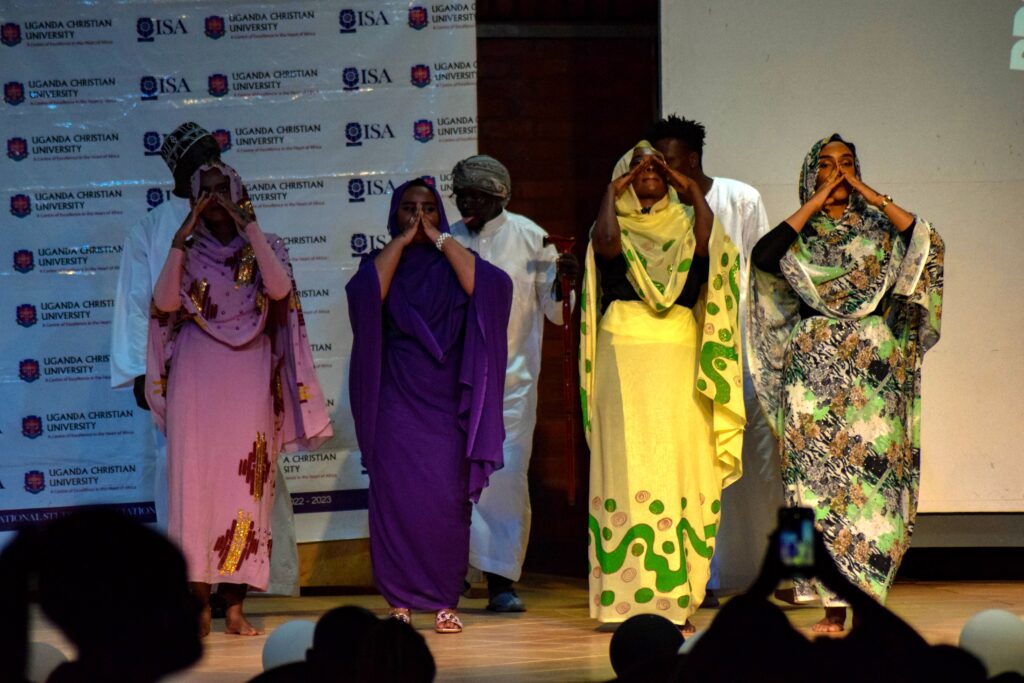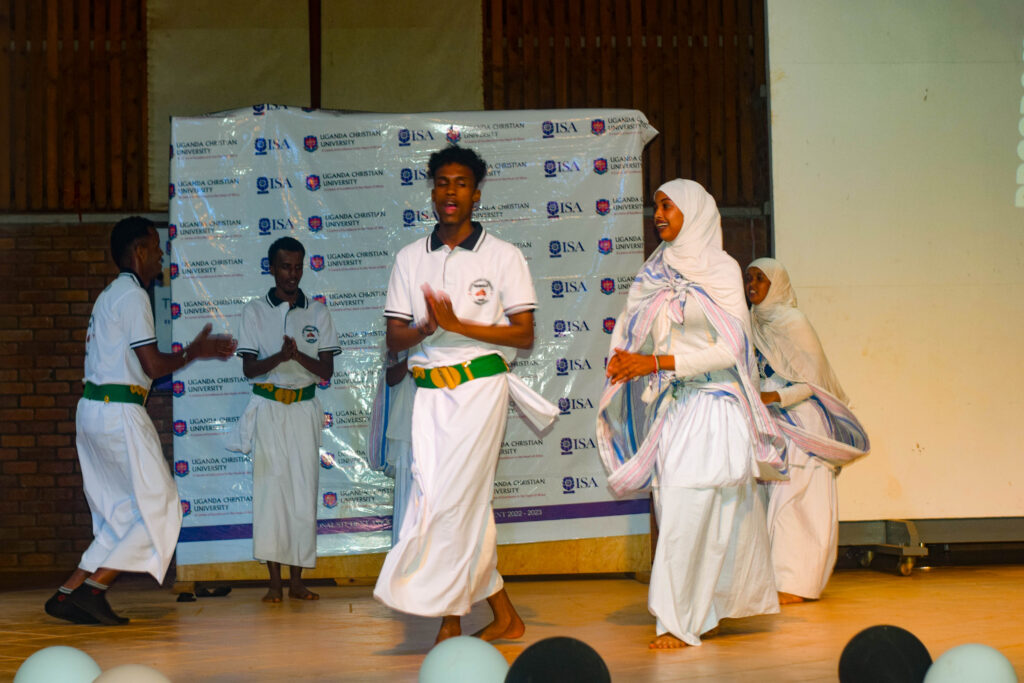By. Dismas Nuwaine
His radiance is hard to miss. Bubbly and so full of life, a young man with dreams the size of a truck. Though Somali by descent, he hasn’t let borders confine his pursuit for knowledge. He has decided to transcend boundaries.
This insatiable desire to build personal competence has landed him in Mukono and he is upbeat. “Uganda is an organized country, the education system in Uganda is well-developed, and I believed it would provide me with the right skills and knowledge,” he tells me as he smiles.
Folks, meet Said Abdul, a student at UCU pursuing a Bachelors in Social works and Social administration. He is one of only a handful of Somali students studying at the Mukono based institution.
Said knows too well that in his studies, he’s taking one for all. “Back in my country,” he tells me, “there’s little to no education infrastructure, let alone a standardized curriculum for school going children.”
He wants to add a brick to the great castle, that is the Somali state and believes his field of study will profoundly equip him to excel with humanitarian assistance to his people back home.
“People have needs and there’s room for me in international organizations like the United Nations (UN), African Union (AU) and other assistance partners, to serve my country,” he says. “I want to make sure people can access quality education and fulfill their potential.”
“My cocktail of languages – English, Arabic and Somali and my in depth understanding of the local people and issues at hand make me an invaluable asset,” a confident Said tells me.
Hope beyond affliction
Somalia is, by all measures, the most conflict-ridden country in the Horn of Africa. The country is grappling with multiple challenges on all fronts.
An Islamic insurgency against the militant group al-Shabaab has been going on for over 18 years. There’s a brewing constitutional crisis as the semi-autonomous state of Puntland has threatened a “withdrawal from the country’s federal system”.
This state of affairs has pushed many to seek refuge and education in Uganda.
In the gesture of African hospitality, Uganda maintains an open door policy to all asylum seekers and international students.
Between 2021 and 2022, the number of foreign nationals in the country stood at only 70,000. However, as of November, 2023, statistics from the office of the Prime Minister, as captured by Daily Monitor, indicate that the number of immigrants and those seeking asylum in Kampala City and Wakiso District have risen to 121,499.
Embracing the self
The Somalis at UCU may be few in number, but to them, it’s not a question of head count but one of impact, and rightly so, if the recently held international Students’ cultural Gala was anything to show for it.
During the event, the students adorned traditional colourful attire – of gold and white, and at their call, quickly paced to the stage. In a moment’s silence, the drum beat softly and dancers spinned and leaped with such precision in their carefully rehearsed century – old strokes.

Amongst the dancers was Jama Hussein. Though originally from the capital – Mogadishu, he has spent the better part of his life in Uganda.
The young advocate is pursuing his Bachelors in Governance and International relations. He dreams of serving as a minister for international affairs in the Horn of Africa country.
He says he’s loved the experience at UCU, at least for the most part.
“It’s been adventurous to immerse myself in this cocktail of many cultures, learning multiple languages and growing myself intellectually,” said the good governance advocate.
Another Student, Hassan Mohamed, a finalist pursuing a degree in Statistics and Economics acknowledged that he harbours moments in the UCU community he will long cherish.
“I have new friends from different countries and this experience has been rewarding. Show me a better experience that underscores how similar we all are irrespective of our cultural and nationalistic sentiments,” Hassan reasoned.
Both students however confess to meeting several hurdles on a daily basis, not limited to language barrier, logistical challenges and homesickness. The latter has been a sticking issue since the Somalis at UCU are not organised in an association.
Said says for an association to be assented to by the administration, the group of people must be more than 15. The Somalis are less than the said figure.
“We tried to engage with the administration to give us allowance to no avail,” Said says with visible frustration. He says his fellow countrymen resorted to informal periodic meetings.
“As Somalis, we are extremely social centered people. When we come together, we comfort one another in times of need and even mobilise resources to help colleagues.”
The three young men have many things in common but towering them all, is their desire to see a peaceable, economically viable, and united Somalia state, where, “young men and women can dream and fulfill their dreams.”
In Said’s eyes, one sees hope and a deep-seated belief of a brighter future. His tone is upbeat and optimistic. He wasn’t shy to mention it either. “I know that one day, we will be one,” he tells me.


